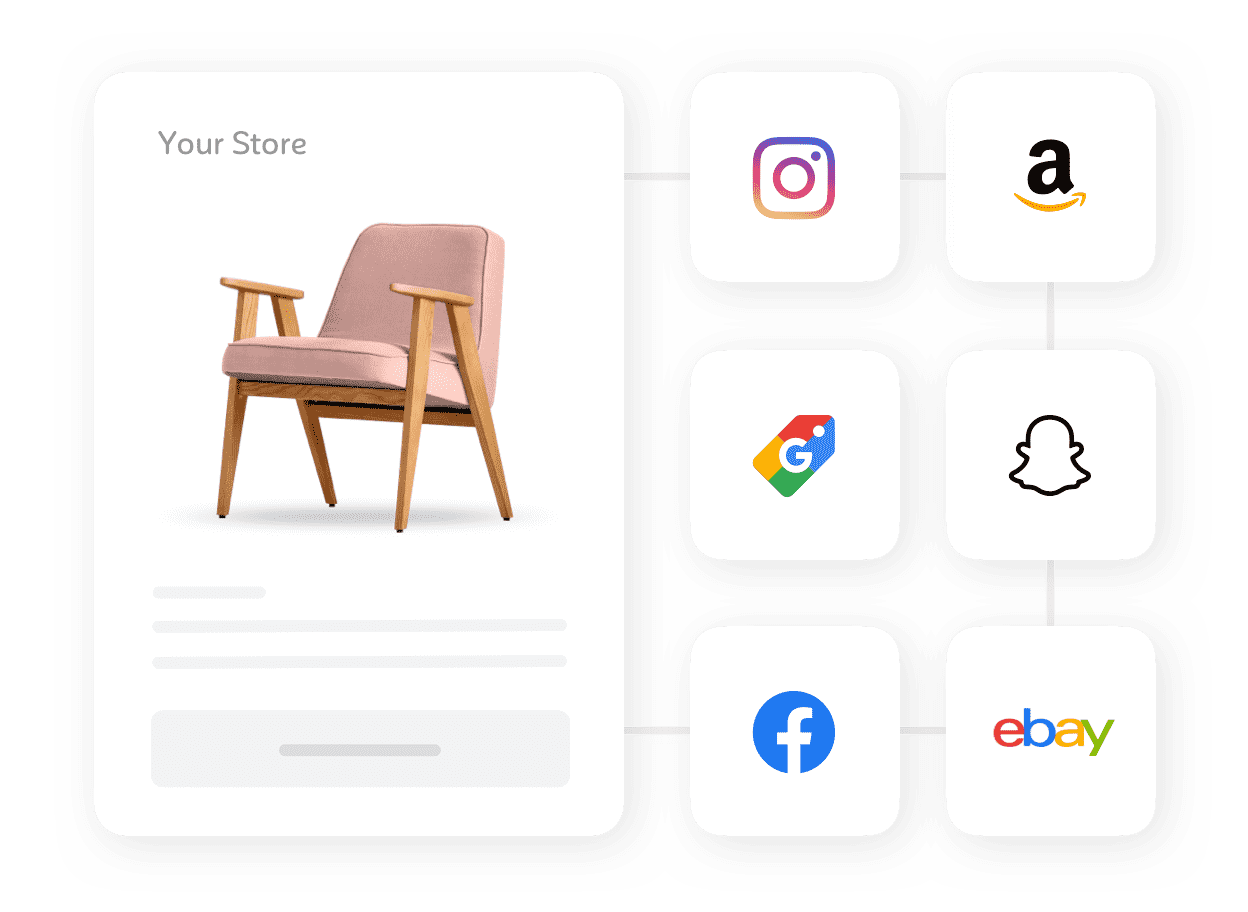Those already in the physical products business or those considering entering it have likely heard the terms white label and private label. Some may even think that these two models are the same thing.
However, there are significant differences when it comes to white label vs private label. Moreover, each model has its own advantages as well.
Deciding between these two is an important factor in creating a successful and profitable physical products business.
Continue below where we will break down the major differences between white label vs private label. We will also cover the advantages of each to help you decide which is right for your business.
White Labeling vs Private Labeling
First, let’s look at the definitions of white labeling vs private labeling to determine what sets them apart.
What is White Label?
White label means generic products are manufactured by a
The idea is for other companies to be able to sell the product as their own. The term “white label” implies the idea of a blank label that can be filled in by a brand.
What is Private Label?
Private label products are similar to white label in that they are manufactured by a third party to be sold under another brand’s label. However, the difference is that the buyer has much more control over the product’s manufacture.
They can specify materials, packaging, what goes in the package, and label design. In other words, private labeling means the product is produced exclusively for the contracting brand to sell.
Private Label vs White Label Examples
To clear up the difference between these two types of products, here are a few examples.
Private Label:
- Great Value (Walmart)
- IKEA
- Kirkland Signature (Costco)
- AmazonBasics (Amazon)
- Original Use (Men’s clothing)
- Heyday (Electronics)
White Label:
- 365 Everyday Value (Whole Foods)
- Kendo Holdings (Cosmetics)
- Numerous dropshipping products
The Advantages and Disadvantages of Private Labeling and White Labeling
While both of these business models can be valid and efficient, each has advantages and disadvantages.
Let’s take a look at a few of these to help you determine which model is right for your business.
White Labeling Advantages:
- Can be started with a low initial investment
- Easy to expand product offerings down the line
- Low manufacturing costs
- Quick entry into the market
White Label Disadvantages:
- Competitive and crowded market (depending on the product)
- Generic products that may lack brand identity
- Dependence on the supplier to maintain consistent production
Private Label Advantages:
- More control over design and branding
- Competitive edge and unique selling points
- Easier to establish brand identity and customer loyalty
- Custom designed products
Private Label Disadvantages:
- Higher manufacturing costs
- Requires more capital to launch
- More time and cost to launching additional products
- Additional market research and development
What’s Better: White Label or Private Label?
There is no concrete answer to whether white label or private label products are the better option. It really depends on the particular business and its goals. Both options make it easier to launch a business by outsourcing the means of manufacture to a third party.
White label can be a good option for brands that want to get off the ground quickly and with lower costs. Additionally, it can be an easy entry point for learning the ropes of the
Private label, on the other hand, may be a better option for businesses with a specific product in mind that they want to have designed or modified. Additionally, they may have more capital to invest in getting the business off the ground.
While private label is more costly, it offers much more exclusivity and differentiation from the competition. This makes it much easier to build brand loyalty over time.
We hope this guide helped you learn everything you need to know about white label and private label products. Good luck in your future ecommerce endeavors!
Run Your Own White Label or Private Label Business with Ecwid
Are you considering starting your own white label ecommerce business? Then, let Ecwid help you run it with ease.
Our selling platform can be integrated with various online storefronts, including Instagram, Amazon, Etsy, Facebook, and many more. Even if you have multiple stores across different platforms, our software allows you to see all of your metrics from one easy dashboard. Get started today!
Frequently Asked Questions About White Label and Private Label
What is the Difference Between White Label and Private Label?
Both white label and private label involve contracting a
Private label products are produced exclusively for the brand, and the brand also has more say in its design and production.
What Has Lower Costs: White Label or Private Label?
White label products typically involve lower production and capital costs because they are generic products that are regularly made by the manufacturer.
Private label products, on the other hand, involve specific designs or modifications that can make them more costly.
Should I Choose White Label or Private Label Products?
The answer to this question really depends on your particular business. If you are aiming for lower production and startup costs, then white label can be a great option. However, if you want a specific product to be made or want something modified, private label may be the way to go.
See the advantages and disadvantages of each and the “What’s Better?” section above to learn more information that can help you make an educated decision.
- New Product Ideas to Sell Online: Current Trends
- Top 15+ Trending Products to Sell in 2023
- How to Find Products to Sell Online
Hot Eco-Friendly Product Ideas to Sell Online- Best Products to Sell Online
- How To Find Trending Products To Sell Online
- How to Create Demand For Unique Products
- How to Develop a New Product that Solves a Problem
- How To Evaluate Product Viability
- What is a Product Prototype
- How to Create a Product Prototype
- How to Figure Out Where to Sell Your Products
- Why You Should Sell Unprofitable Products
- White Label Products You Should Sell Online
- White Label vs Private Label
- What is Product Testing: Benefits and Types








